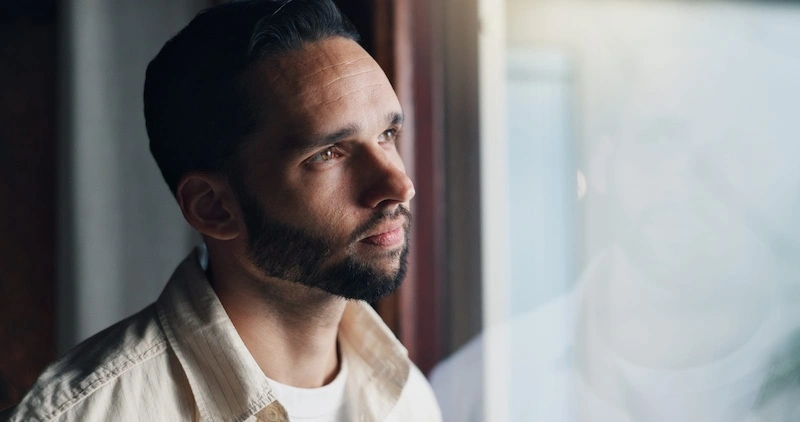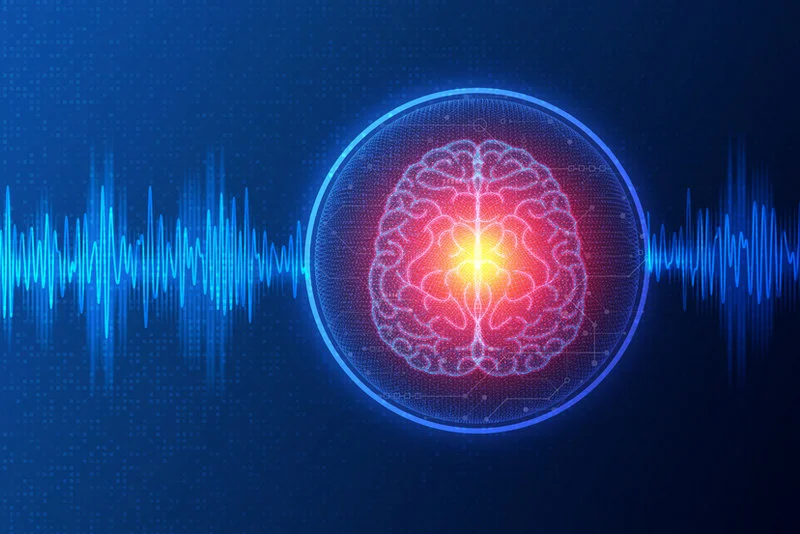Breaking Free from Social Anxiety's Grip
Social Anxiety Disorder goes far deeper than occasional nervousness before a big presentation or meeting new people. This condition manifests as an overwhelming, persistent fear of social situations where judgment or scrutiny might occur. Those living with social anxiety experience debilitating physical responses—racing heart, excessive sweating, shaking hands, and sometimes even panic attacks—that make ordinary interactions feel like threats to survival.
The anxiety doesn’t discriminate between high-stakes situations and everyday moments. Whether it’s answering a phone call, eating in front of others, or walking into a room where people are already seated, each scenario can trigger intense distress. People with this disorder often spend tremendous energy avoiding situations that might expose them to perceived judgment, carefully constructing their routines around minimizing social contact and potential humiliation.
The internal experience involves a relentless cycle of negative self-evaluation, where every word spoken and gesture made feels magnified under an imaginary spotlight. Minor social interactions replay endlessly in the mind, with the person dissecting every detail for signs of failure or embarrassment. This exhausting hypervigilance creates a profound sense of alienation, as genuine connection becomes impossible when consumed by fear and self-consciousness.


When Social Anxiety Shapes Your World
Without proper intervention, Social Anxiety Disorder progressively narrows the scope of what feels possible in life. Professional opportunities disappear as individuals turn down promotions requiring public speaking, avoid job interviews, or remain in positions far below their capabilities simply because advancement would demand more social exposure. Educational pursuits suffer when students choose online-only courses to avoid classroom participation or abandon degree programs entirely when in-person requirements become unavoidable.
The impact on personal connections proves equally profound. Friendships fade when anxiety makes it too difficult to accept invitations or initiate social contact. Romantic relationships become nearly impossible to establish, as dating requires vulnerability and social risk-taking that feel overwhelming. Even existing family bonds can weaken when relatives mistake social withdrawal for disinterest or interpret anxiety-driven behavior as rejection.
Physical health deteriorates under the constant burden of social stress. The body’s perpetual state of alert can lead to chronic tension headaches, gastrointestinal problems, and exhausted immune function. Depression frequently develops alongside social anxiety as isolation deepens and life feels increasingly limited. The combination creates a self-reinforcing cycle where anxiety leads to avoidance, avoidance leads to isolation, and isolation intensifies both anxiety and depression.
The Power of Professional Intervention
Seeking specialized treatment for Social Anxiety Disorder represents a pivotal turning point that can fundamentally reshape one’s life trajectory. Expert care moves beyond superficial suggestions to confront the actual neurological and psychological mechanisms driving the fear response. Treatment providers who specialize in anxiety disorders understand that this isn’t about lacking willpower or needing to simply “get over it”—it’s a legitimate condition requiring specific therapeutic approaches.
Professional treatment validates the real suffering that social anxiety causes while simultaneously offering concrete pathways toward change. Individuals learn that their intense reactions stem from treatable neurological patterns, not personal inadequacy. This understanding alone can lift an enormous burden of shame that often prevents people from seeking help in the first place.
The changes that emerge through proper treatment often exceed what patients initially believed possible. As social fears diminish, people discover they’re capable of connections and achievements they’d long ago dismissed as unrealistic. The world expands as previously avoided situations become manageable, then comfortable, and eventually even enjoyable.

Our Core Treatments
Depression & Anxiety
Our new dTMS device will go deeper and cover more area than traditional TMS, providing better results.
TMS for OCD
We now have the only device approved by the FDA and covered by insurance for OCD.
TMS for Addictions
Smoking cessation has recently been approved by the FDA for our Brainsway device. Talk to us about your addictions.
TMS Therapy for Lasting Social Confidence
Transcranial Magnetic Stimulation represents an innovative treatment option for Social Anxiety Disorder, working directly with the brain circuits that generate and maintain social fear responses. TMS targets overactive regions associated with threat perception and anxiety production, using precisely calibrated magnetic pulses to help regulate neural activity. This neurological approach addresses the root mechanisms of social anxiety rather than merely managing surface symptoms.
The treatment’s non-pharmaceutical nature makes it particularly valuable for those concerned about medication side effects or dependency. TMS requires no systemic drugs, causes no cognitive impairment, and allows patients to continue their daily routines throughout the treatment course. Many individuals notice gradual improvements in their comfort during social situations as treatment progresses.
LifeQuality TMS Queens offers specialized care for individuals ready to move beyond the limitations of social anxiety. Our experienced team understands the courage required to seek help and provides compassionate, personalized treatment designed to restore your confidence in social settings. Contact LifeQuality TMS Queens today to learn how our advanced TMS therapy can help you build the social connections and opportunities you’ve been missing.
Get In Touch With Us
info@lifequalitytms.com
(718) 400-0867
(718) 4000-TMS
26 Court St., Ste 808
Brooklyn, NY 11201